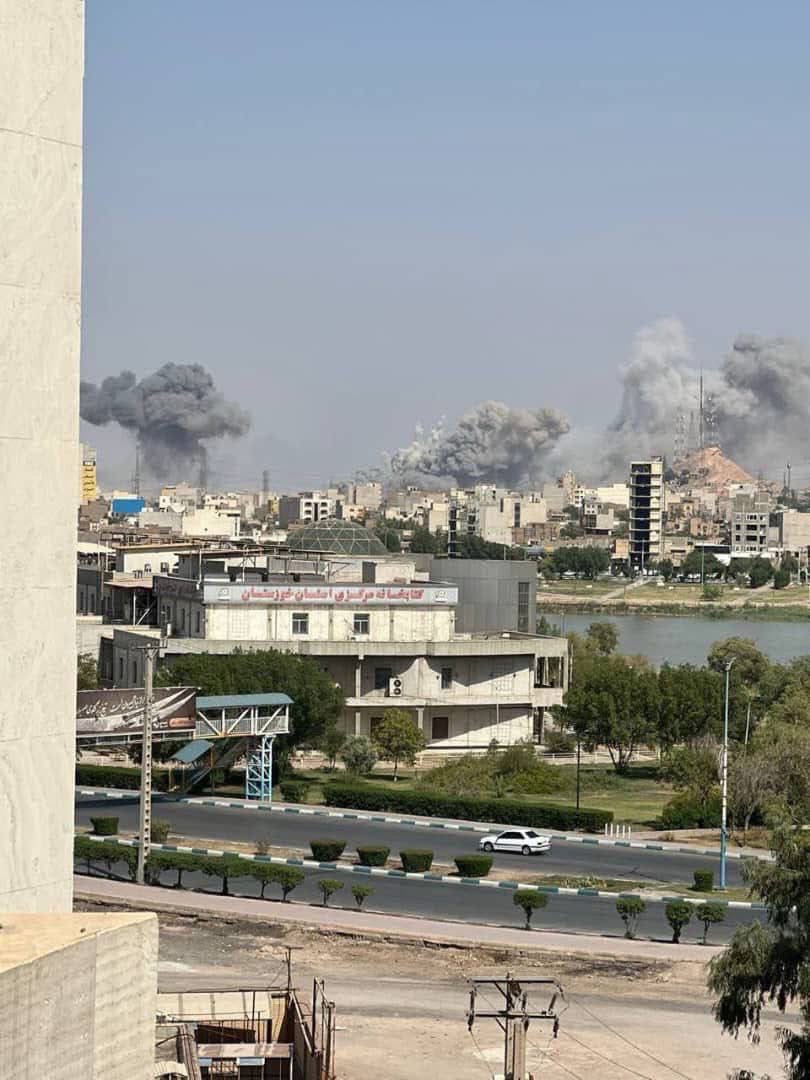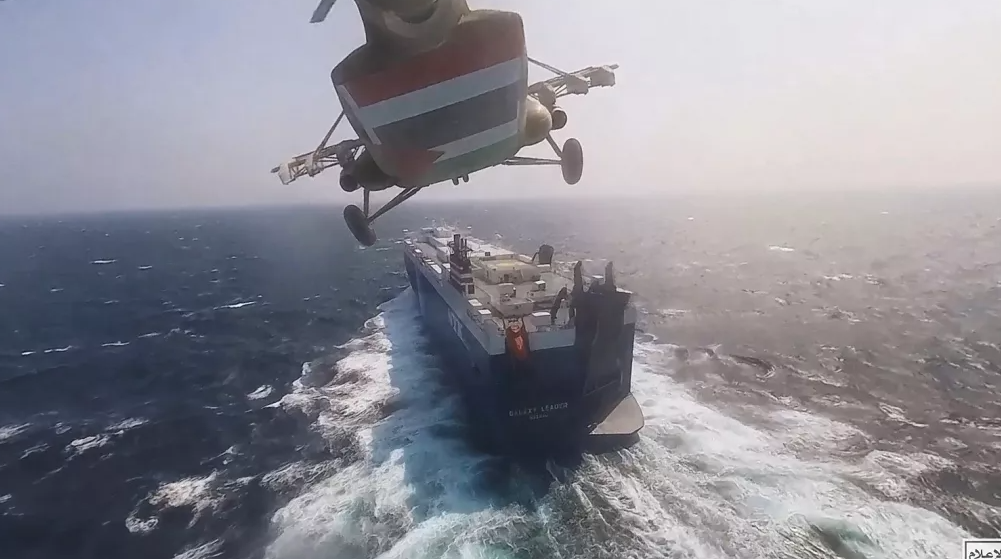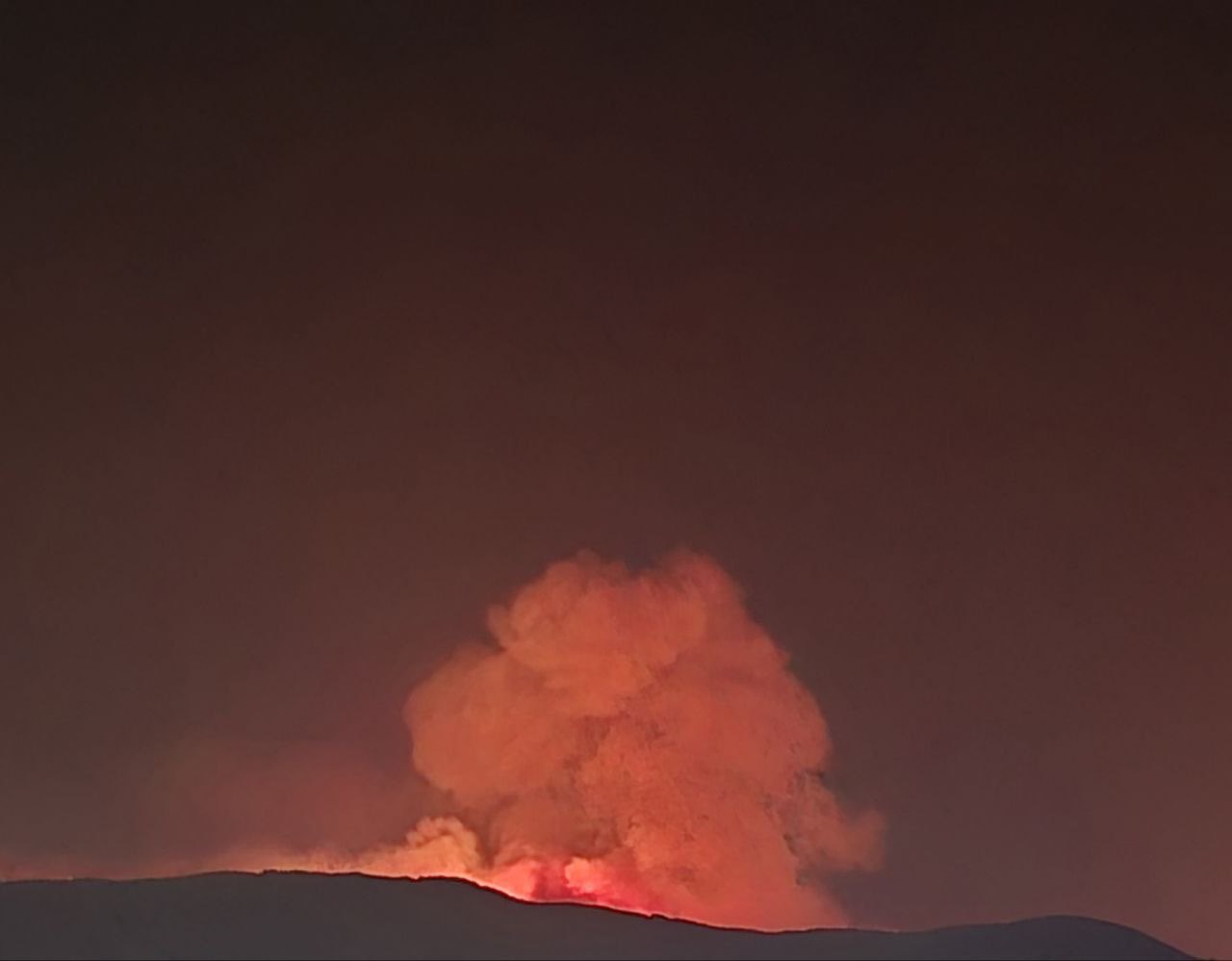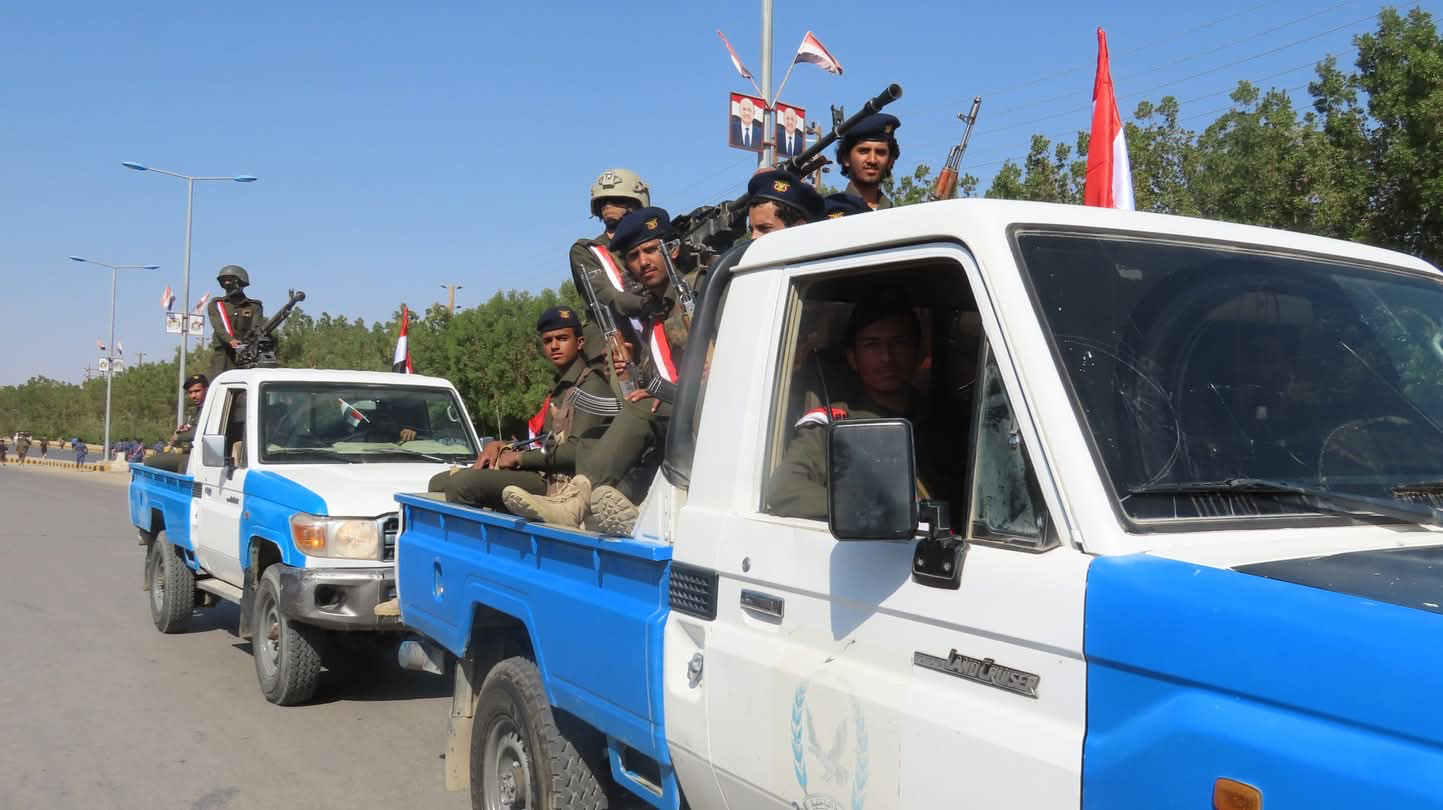
Barran Press + Agencies
In an ongoing, high-stakes confrontation, the direct conflict between Israel and Iran entered its ninth day today, June 21, 2025, marked by heavy reciprocal airstrikes, precision assassinations, and attacks on strategic facilities. Official reports from both sides indicate hundreds of casualties, predominantly civilians.
Escalating Strikes and Damage Reported
The early hours of Saturday saw new attacks exchanged. While Tehran launched a fresh wave of missile attacks on Israeli cities, Iranian news agencies reported that Israel had targeted the Isfahan nuclear facility.
Iranian sources stated that Israel carried out a new series of raids on multiple sites across the country, resulting in fatalities and widespread destruction. Simultaneously, Iranian authorities announced the arrest of several individuals allegedly linked to foreign intelligence agencies, particularly the Mossad. In parallel, Israeli sources confirmed targeted assassinations of prominent military commanders within Iran's Islamic Revolutionary Guard Corps (IRGC), as well as nuclear scientists. These operations were described as "accomplished and precise."
In Iran's Khuzestan province, state media reported that air defenses intercepted hostile targets in the cities of Mahshahr and Ahvaz, amidst strong explosions. Ahvaz University of Medical Sciences confirmed the complete destruction of a 115 emergency center due to an aerial attack.
In Shiraz, southern Iran, the ISNA news agency announced that a military center was directly hit. The intelligence department in Bushehr reported the seizure of a large number of small drones, which it claimed were part of a coordinated attack plan. Meanwhile, the acting governor of Qasr-e Shirin confirmed an Israeli raid on the city resulted in five Iranian army personnel killed and nine wounded.
Conversely, the Israeli military announced that 30 air force fighter jets conducted dozens of raids on the Ahvaz region, targeting an IRGC naval base, ballistic missile sites, and radar systems. Israel's Channel 12 also reported an attack on a weapons storage site east of Tehran. The Israeli military spokesperson confirmed a "precise attack" on a drone launch platform in Isfahan and a centrifuge production facility in western Iran.
The military spokesperson stated that these operations aim to "keep Iran in a state of chaos and prevent it from restoring its capabilities," adding that Israel is fighting "one of the most complex wars in its history."
High-Profile Assassinations Mount
In a significant development, the Israeli military spokesperson announced the assassination of several IRGC commanders, including the head of the drone system and the commander of the weapons transfer unit within the Quds Force. Saeed Izadi, commander of the "Palestine" unit, was also assassinated. Furthermore, Behnam Shahriyari, a Quds Force leader, was killed in a raid targeting him in western Iran, an operation described as "one of the most important achievements of this war."
In another incident, the Iranian Mehr news agency confirmed the killing of nuclear scientist Athar Tabatabaei and his wife in an attack on their home, without providing further details. Israeli media noted the deaths of 17 Iranian nuclear scientists since the start of the air campaign.
Iranian and Lebanese media also reported the killing of Hussein Khalil, personal escort to former Hezbollah Secretary-General Hassan Nasrallah, and his son, in an Israeli airstrike in Iran. Lebanese media close to Hezbollah confirmed the death of Hussein Khalil, known as "Abu Ali Khalil," in an Israeli airstrike near the Iran-Iraq border, where Khalil, his son, and an Iraqi figure were reportedly crossing into Iranian territory. All three were killed. Pages close to Iran-backed Iraqi factions stated the strike resulted in the deaths of Hussein Khalil, his son Mahdi, and Haidar al-Moussawi, a leader in the Iraqi Kataib Sayyid al-Shuhada and a commander in the Iran-aligned Popular Mobilization Forces.
For his part, Israeli Defense Minister Israel Katz announced the death of Iranian commander Saeed Izadi, head of the Palestine branch of the Quds Force, the IRGC's foreign arm, in an airstrike on an apartment in Qom, Iran. Katz stated in a press release that Izadi had funded and armed Hamas before the October 7, 2023, attack on Israel. He described Izadi's death as "a major achievement for Israeli intelligence and air force."
Civilian Impact and Espionage
On the humanitarian front, the Iranian Red Crescent announced that an ambulance helicopter sustained severe damage in an attack outside a military zone. Iran's Deputy Health Minister confirmed the destruction of six ambulances and the killing of two medical personnel, in addition to damage to three hospitals, one of which in Kermanshah was completely evacuated.
Iranian authorities also announced the arrest of a foreign spy working for the Mossad in Yazd province, accused of leaking information about defensive sites. Kerman police announced the arrest of 14 individuals accused of supporting the "Zionist entity."
International Reactions: Calls for De-escalation and Warnings
Turkish President Recep Tayyip Erdoğan stated that Israel's attacks on Iran, occurring just before a new round of nuclear talks with the United States, aimed to sabotage negotiations. Speaking at a meeting of foreign ministers of the Organization of Islamic Cooperation (OIC) in Istanbul, Erdoğan urged influential nations to seek a solution through dialogue and prevent the war from expanding. He called on Islamic nations to intensify efforts to impose punitive measures against Israel based on international law and UN resolutions.
Turkish Foreign Minister Hakan Fidan told his OIC counterparts that Israel is dragging the region into a "total catastrophe" with its attacks on Iran, adding that world powers must prevent the war from worsening and escalating into a wider conflict.
In his address, Fidan urged Islamic nations to stand with Iran against Israel, stating that the region faces "Israel's problem" after its attacks on Gaza, Lebanon, Syria, Yemen, and Iran.
Khamenei's Successors and US Preparations
In response to threats from Israeli Prime Minister Netanyahu and Defense Minister Israel Katz to assassinate Iranian Supreme Leader Ali Khamenei, US media outlets, citing three informed Iranian officials, reported that Khamenei has nominated three senior clerics to succeed him in the event of his death. This move aims to ensure a swift and orderly transfer of power.
The New York Times, citing officials, reported that senior Iranian officials are preparing for a wide range of outcomes should the war intensify, especially as President Trump considers intervention. The newspaper added that the chain of command within the Iranian system has been severely damaged by Israeli strikes but remains operational.
Amid the escalating confrontations, US officials reported that the United States has begun transferring B-2 bombers to Guam in the Pacific Ocean. This comes as President Donald Trump considers whether the US should participate in Israeli attacks on Iran. The B-2 bomber can be equipped with 13-ton GBU-57 "bunker buster" bombs, designed to destroy deeply buried targets. Experts suggest this weapon could be used to target Iran's nuclear program, including the Fordow site.
In response, Iranian Foreign Minister Abbas Araqchi warned against US involvement alongside Israel in its attacks on Iran, while French President Emmanuel Macron stated that Europeans "will accelerate the pace of negotiations."
Gulf States Issue Nuclear Facility Warning
Ambassadors of the Gulf Cooperation Council (GCC) countries to the International Atomic Energy Agency (IAEA) warned of the serious potential repercussions of any attack on nuclear facilities. They highlighted the risks of radiological impact on humans and the environment, as well as the undermining of the international safeguards system. Such attacks, they asserted, constitute a blatant violation of international law and international humanitarian law.
Rising Casualty Toll
According to the latest data from the Iranian Ministry of Health, the death toll from Israeli strikes has reached 430 killed and over 3,500 wounded, mostly civilians. Conversely, Israeli estimates indicate 26 killed and 2,517 injured, including 21 in serious condition.
These confrontations, which began on the morning of June 13, are considered the largest direct military clash between Iran and Israel, having transcended the boundaries of "proxy warfare" to direct military engagement using aircraft, ballistic missiles, and drones.





